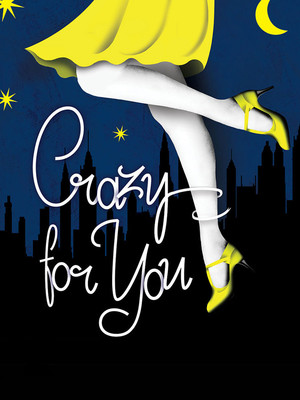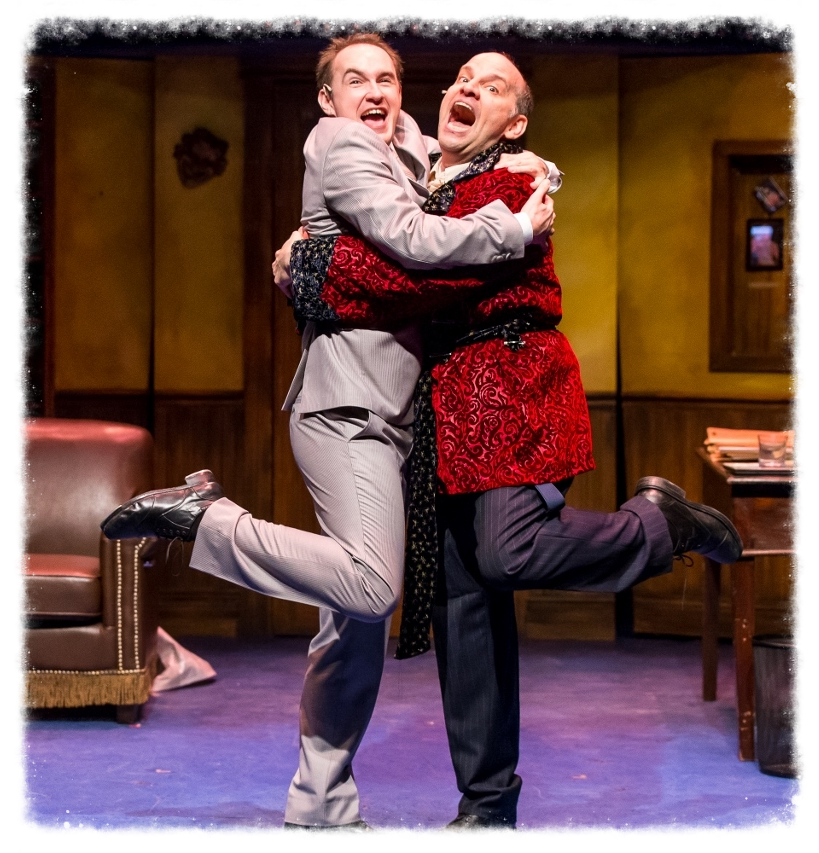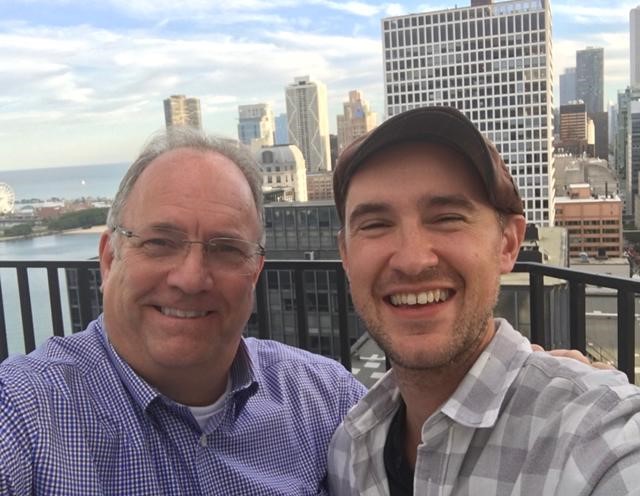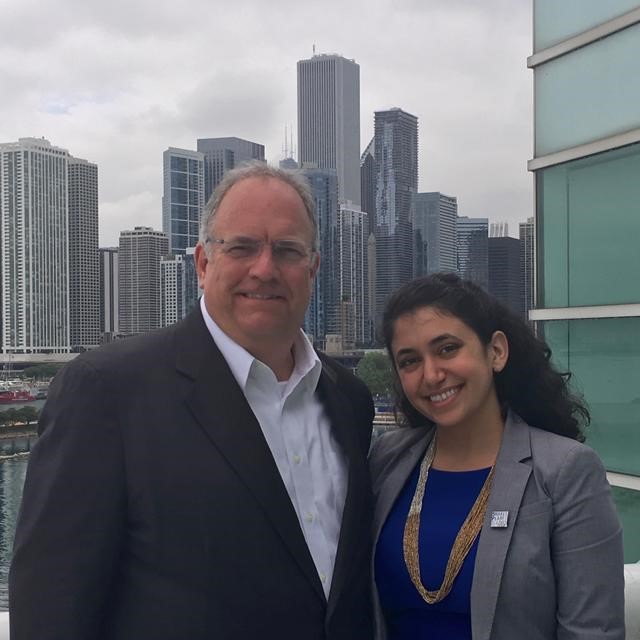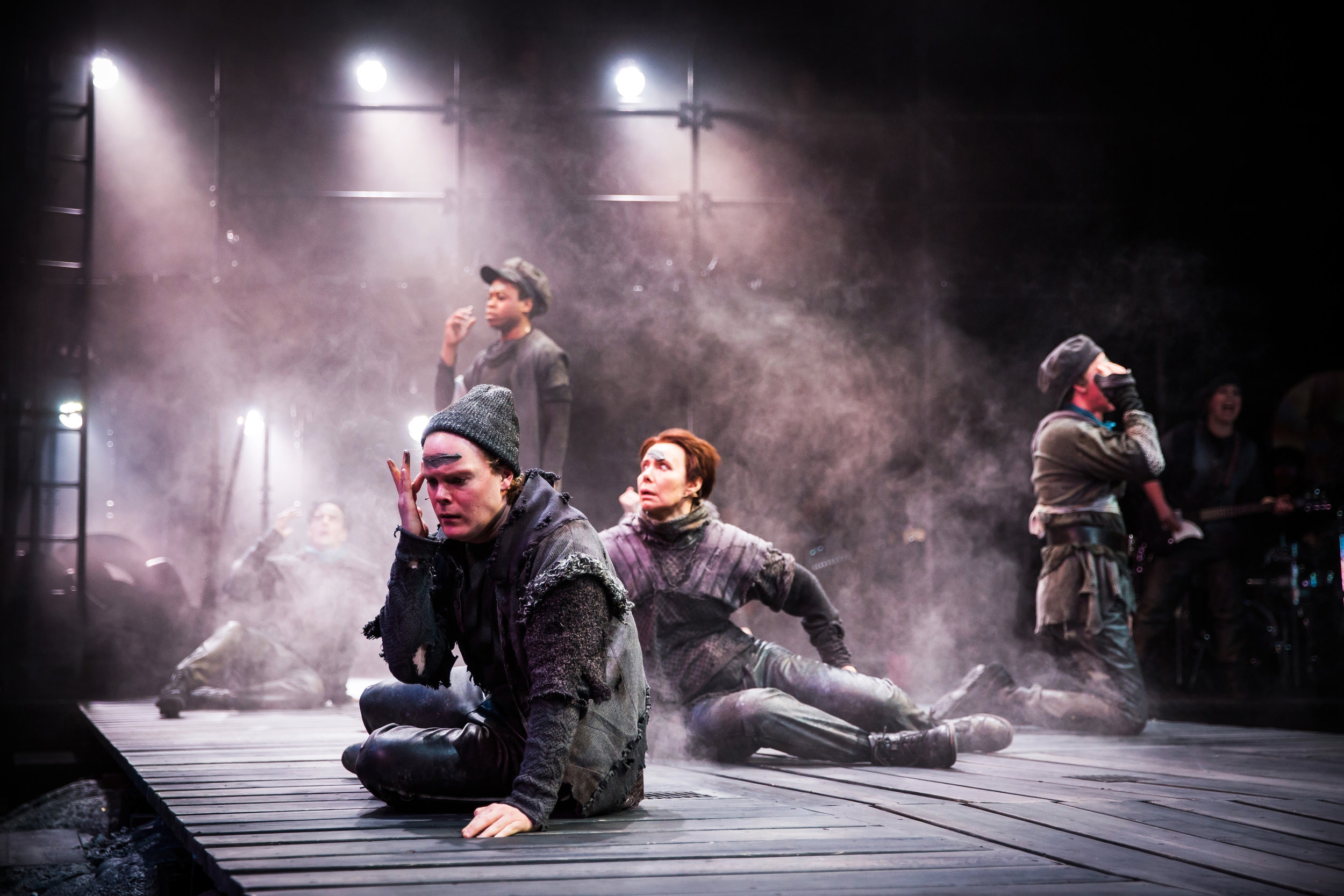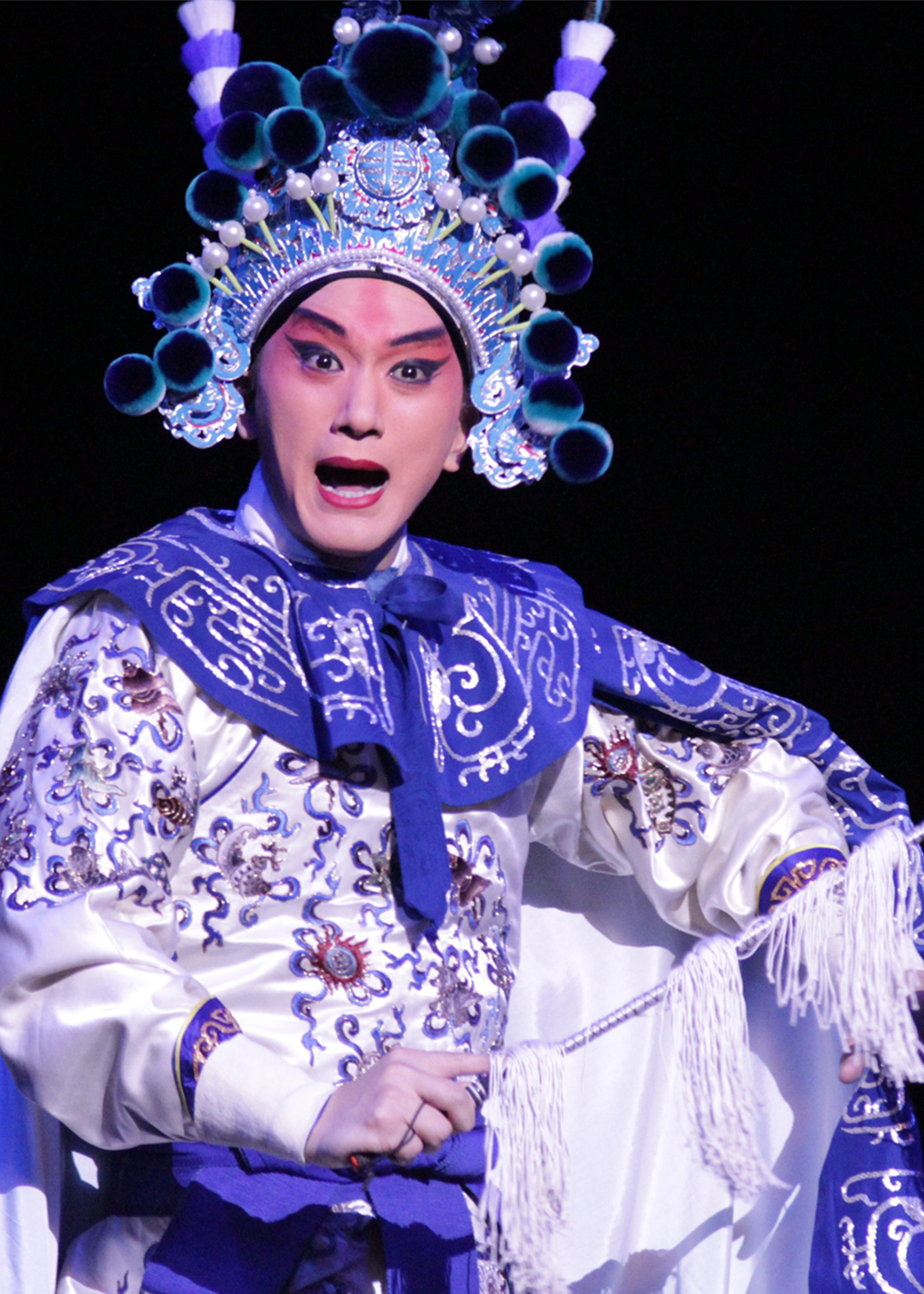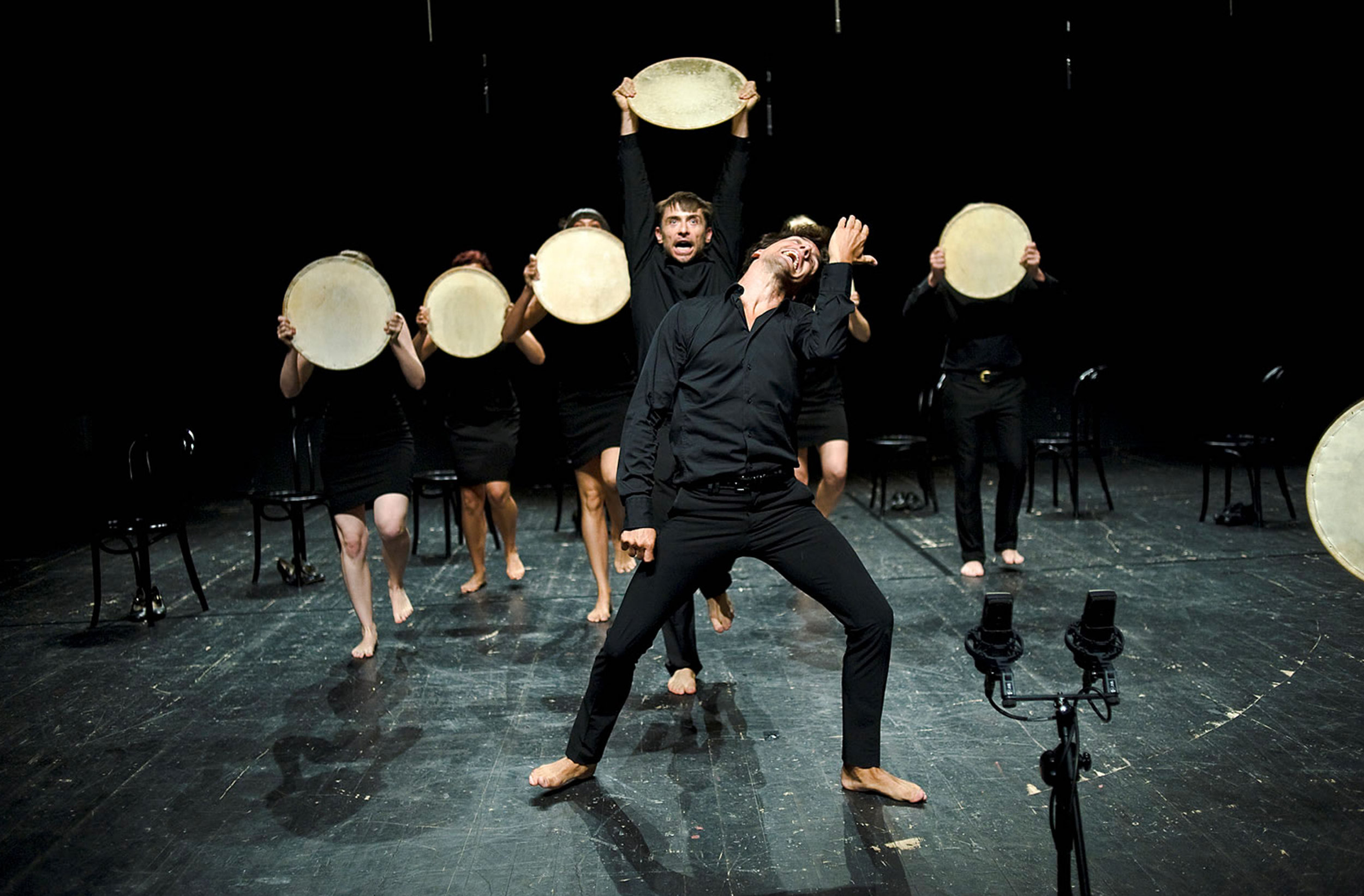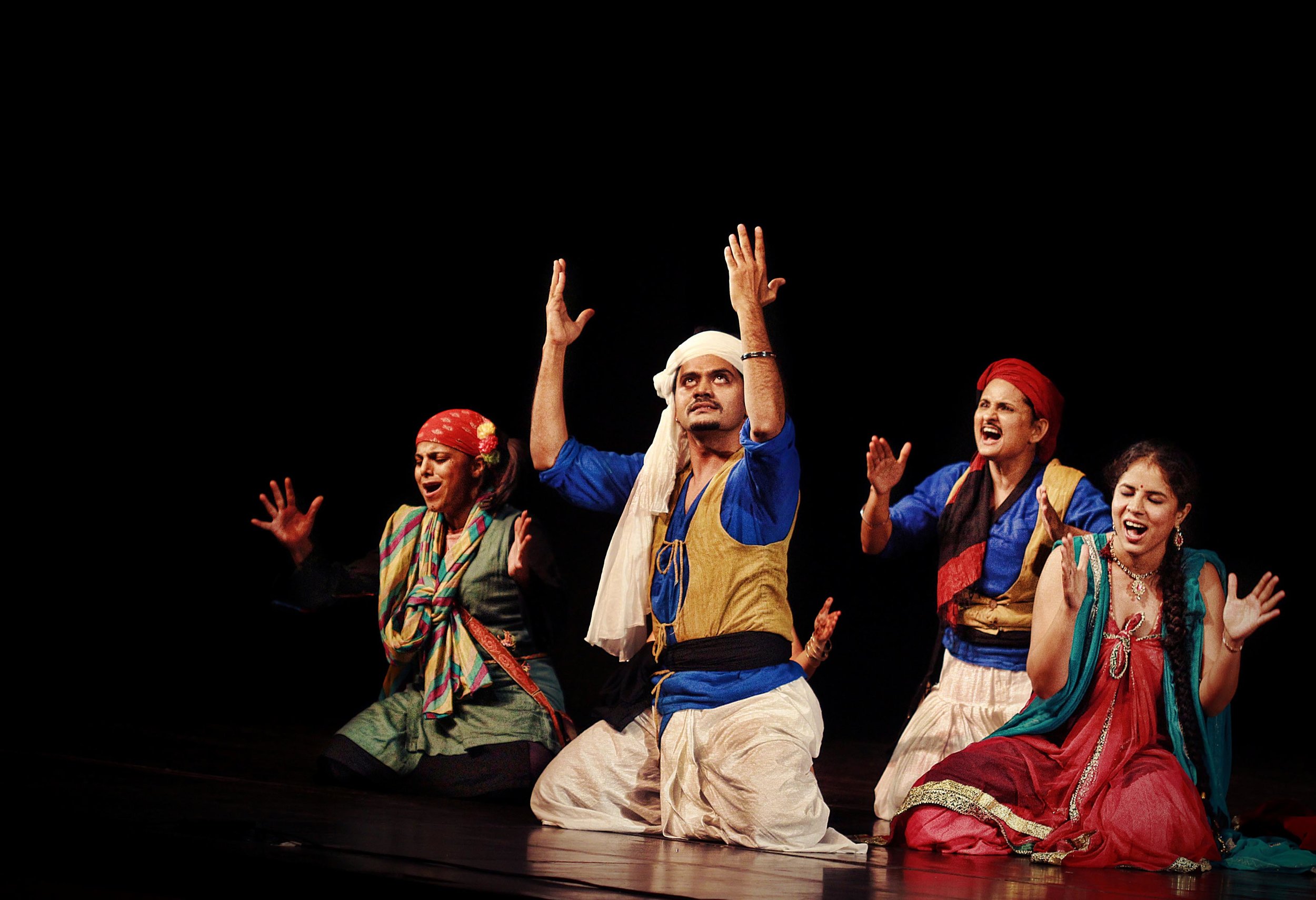BILL LARKIN - KNOWING YOUR AUDIENCE
Somewhere between the on-stage chaos of his physical comedic persona and the satire laced lyrics and music of his one-man show, there is a wonderfully funny and madcap place that Bill Larkin calls home.
An accomplished and award-winning stage actor, comedian, club performer and writer, Larkin now has his sights firmly fixed on the release this week of his new comic album, Bill Larkin-Knowing Your Audience, recorded live at the Green Mill in Chicago. If you were lucky enough to have been there, you already know that Larkin’s humor is fresh, edgy, perceptive and highly charged. It could be rated “M” for “Mature” or “Manic” … take your pick.
Larkin’s stage credits in Chicago in recent years are extraordinary. He received his first Joseph Jefferson Award as Principal Actor in Porchlight’s A Class Act in 2013, and nominated again for A Funny Thing That Happened on the Way to the Forum in 2015. This year, he appeared as Max Bialystock in Mercury Theatre’s The Producers.
All this followed a multi-year career of theatre including Disney’s Aladdin at Chicago Shakespeare Theater, the 25th Annual Putnam County Spelling Bee at Broadway in Chicago and shows at Second City, Davenport’s, the Green Mill and on television in Chicago PD and Comedy Central. Along the way, he has performed for 16 years at Howl at the Moon.
Bill Larkin joined the conversation on December 5th, 2016 to talk about how knowing your audience could help you to find out more about yourself.
SUBSCRIBE AND HEAR THIS PROGRAM ON: ITUNES & STITCHER
BUY|DOWNLOAD BILL LARKIN'S KNOWING YOUR AUDIENCE: HERE
On his award-winning role as Ed Kleban in Porchlight’s A Class Act …
“As I’m rehearsing and reading through the script and getting to know who Ed Kleban was … older, balding gentleman who was a songwriter, very neurotic, had his own problems ... I thought ‘This is perfect for me. Where do I sign?!’ … It was very odd how this show came to be at the time it came to be. I was going through my own issues at the time and the show was like therapy ... I felt like I was throwing myself into this performance trying to be true to Ed Kleban but throwing a lot of myself into it … It’s amazing how much I saw myself in him … amazing cast … amazing performance and Porchlight, you know, they do the best.”
The Pink Hippo Effect ...
“I tend to find roles, like the genie in Aladdin, that are very exhausting. I kind of call it the ‘pink hippo effect’ because I used to work at Disney world, and I was in a parade. It was Fantasia themed, and they needed someone to be the pink hippo … huge costume, huge dress … It’s a huge undertaking and no one else wanted to do it because they thought it would be tiring and, of course, me, I was like ‘I’ll do it!’ because I saw how silly the role could be. You just go out on the street and lift your dress and everyone laughs. I’m like ‘yay!’ … and it did take a toll … I still do that to this day. I take roles that are fun undertakings, but you quickly learn that you have to pace yourself … Forum, The Producers and Aladdin were like that. I was entering my 40s at that time, and you find out if you do not pace yourself, it will take a toll later.”
Early influence …
“I owned a lot of Tom Lehrer albums growing up. He has been my biggest influence. As a kid I would listen to his songs, and I wouldn’t understand half of what he was saying … all I knew was that the audience was laughing … he was sitting at a piano, saying things that made them laugh… and I thought ‘that’s what I want to do.’”
On Matt Crowle …
“I was in awe of him in Forum but Producers … I would watch on the sidelines as he would do “I Want to Be a Producer” … and I would listen to the audience’s reaction, I mean he may well be, I think he is, the most joyous performer I have ever seen … I would watch him in Bye Bye Birdie at Drury Lane and just grin from ear to ear watching him … watching his facial expressions, watching his dance moves, watching the joy that he has. It is infectious.”
What to expect from his new album Bill Larkin-Knowing Your Audience …
“This album is different from the first one … which was on the clean side … as I got older I thought ‘I’m a bit angrier now’ … it’s very therapeutic to write about something I’m not happy about and some of my stuff is Facebook rants set to music … a lot of these songs … there is definitely language … it definitely reflects the time … I’m very proud of the album because while there are songs about silly things here and there … there is a lot of myself in it … maybe too much of myself, but that’s what I like too. I’m breaking down walls … I’m very happy about it.”
On his song titled “Making a Difference” …
“You write what you know about ... one thing I know about is being online for too long … we write out how we feel online … you are venting … after a while you feel like ‘I’m really helping others in doing this. My taking a stand online is all I really need to do’ and of course that is not the case. It is called “Making a Difference” because we feel as if we are, but the actual ‘making a difference’ is leaving the house, going out there, volunteering, holding up a sign that says how you feel, contributing in a meaningful way. A post is a post, and it disappears in a few minutes. You get a few likes and you are like ‘oh I have done my part.’ No, no you have not. To actually make a difference requires a bit more.”
VISIT: BILLLARKIN.COM BUY|DOWNLOAD CD: HERE

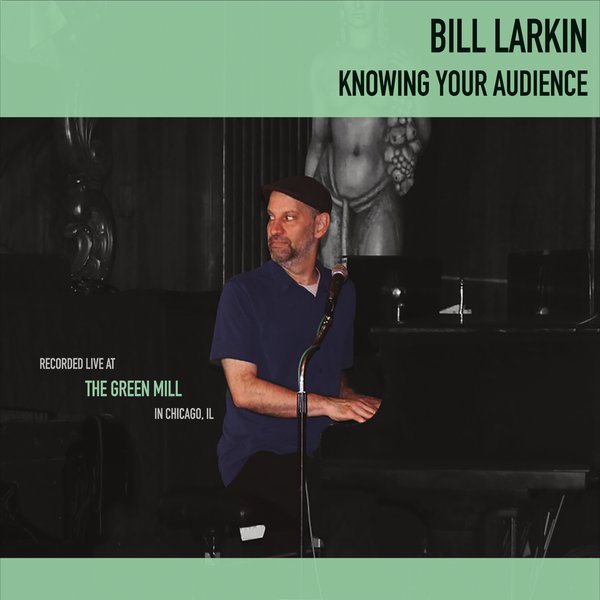
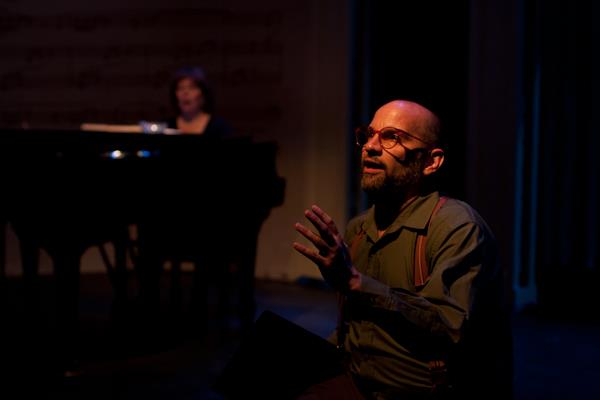
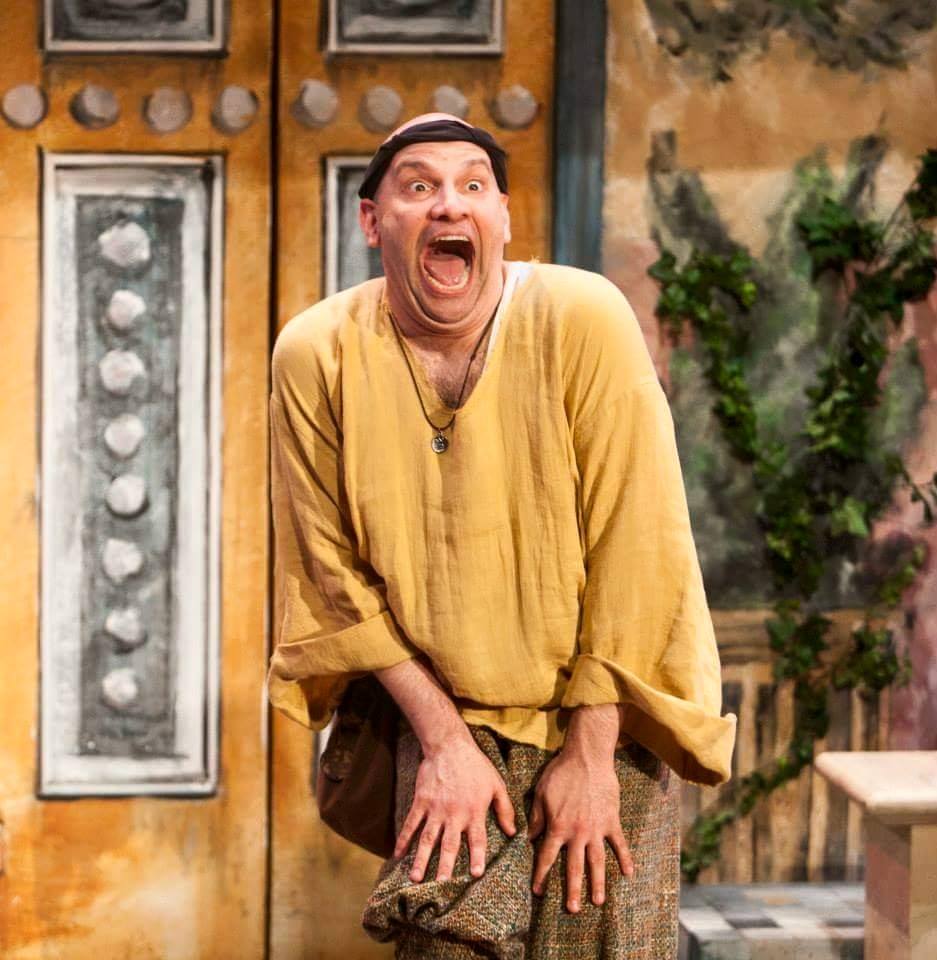
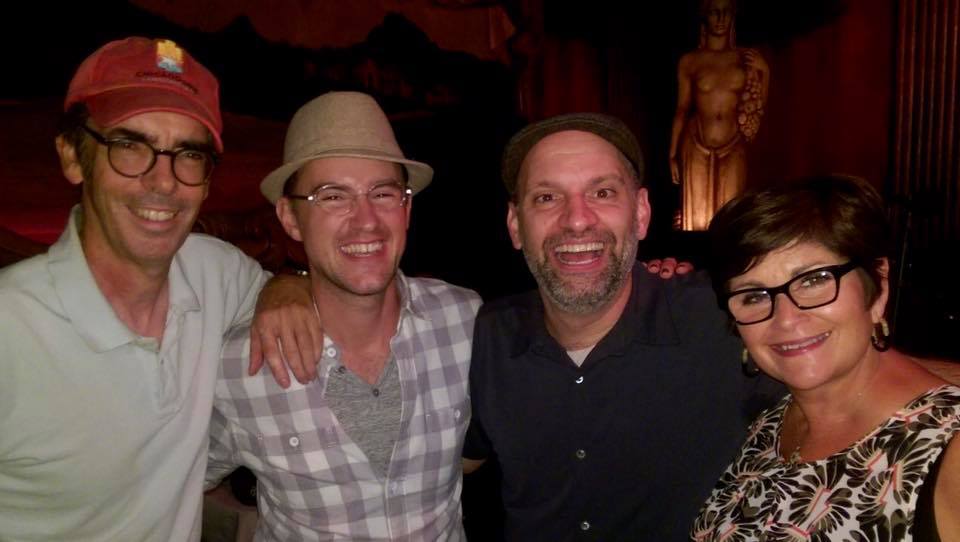
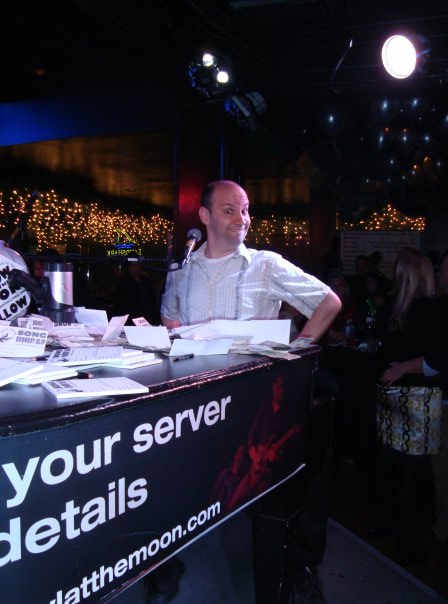

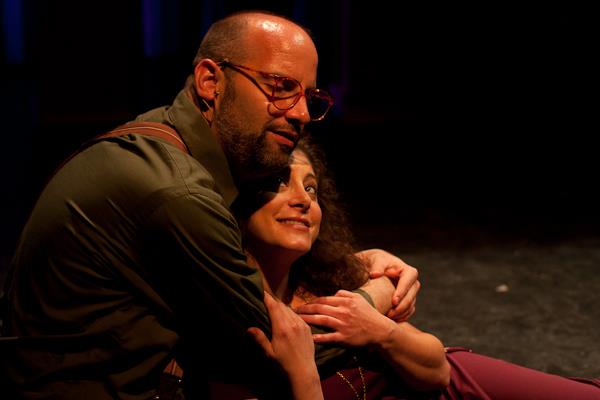
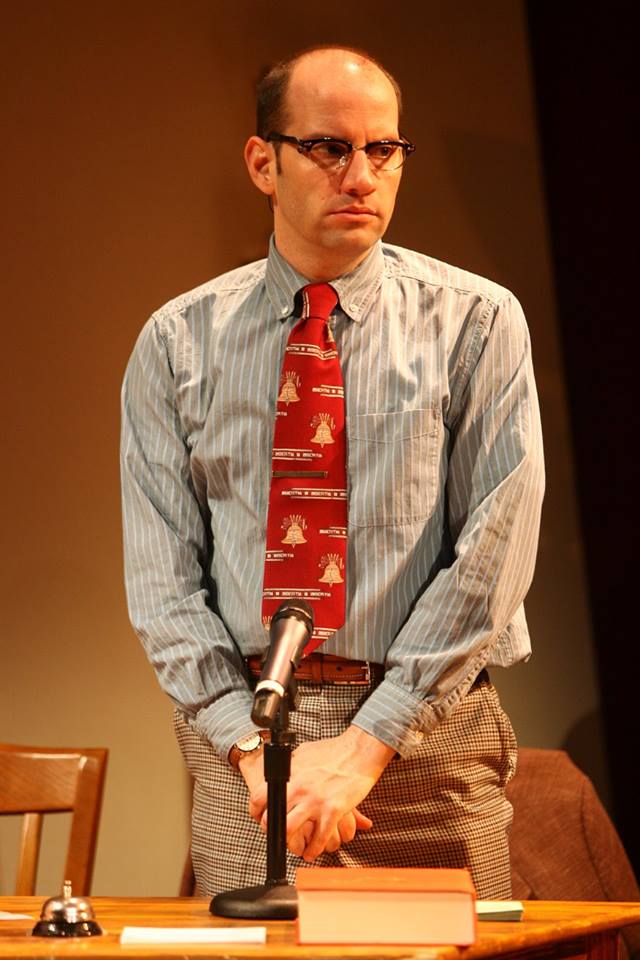
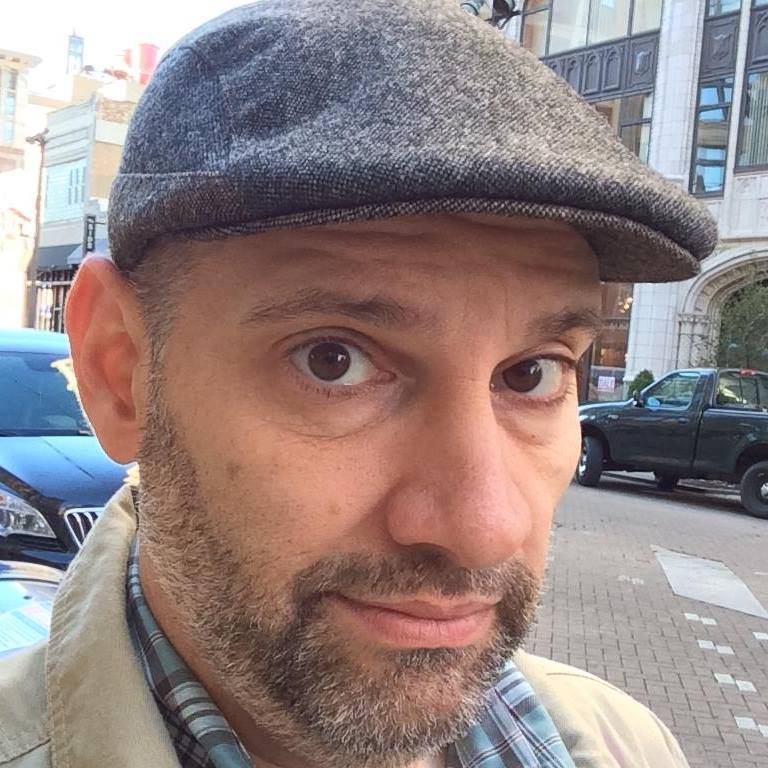
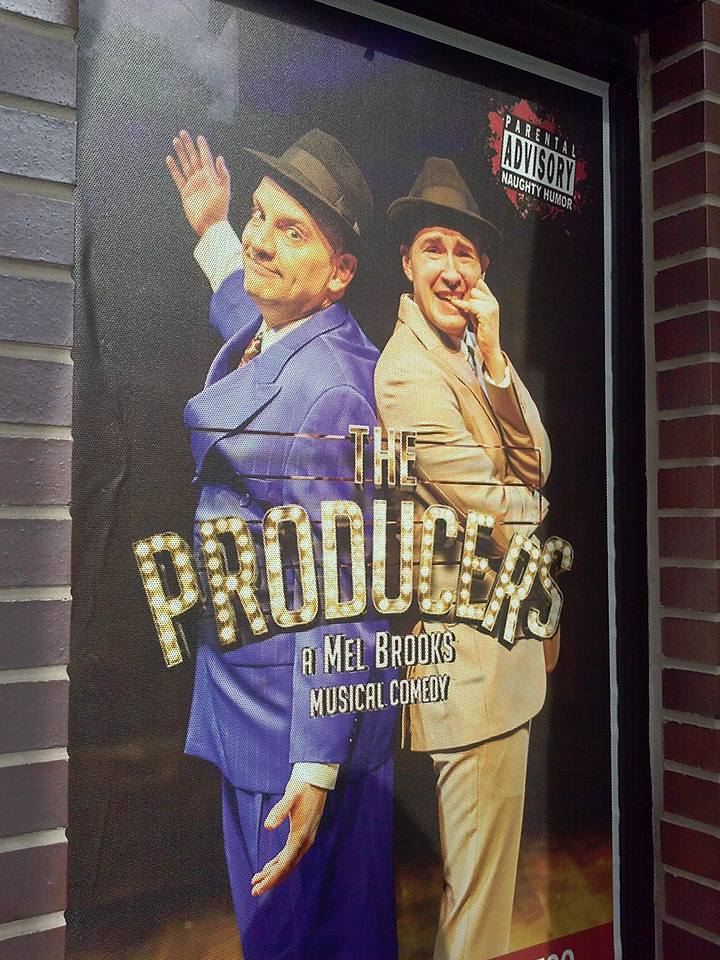
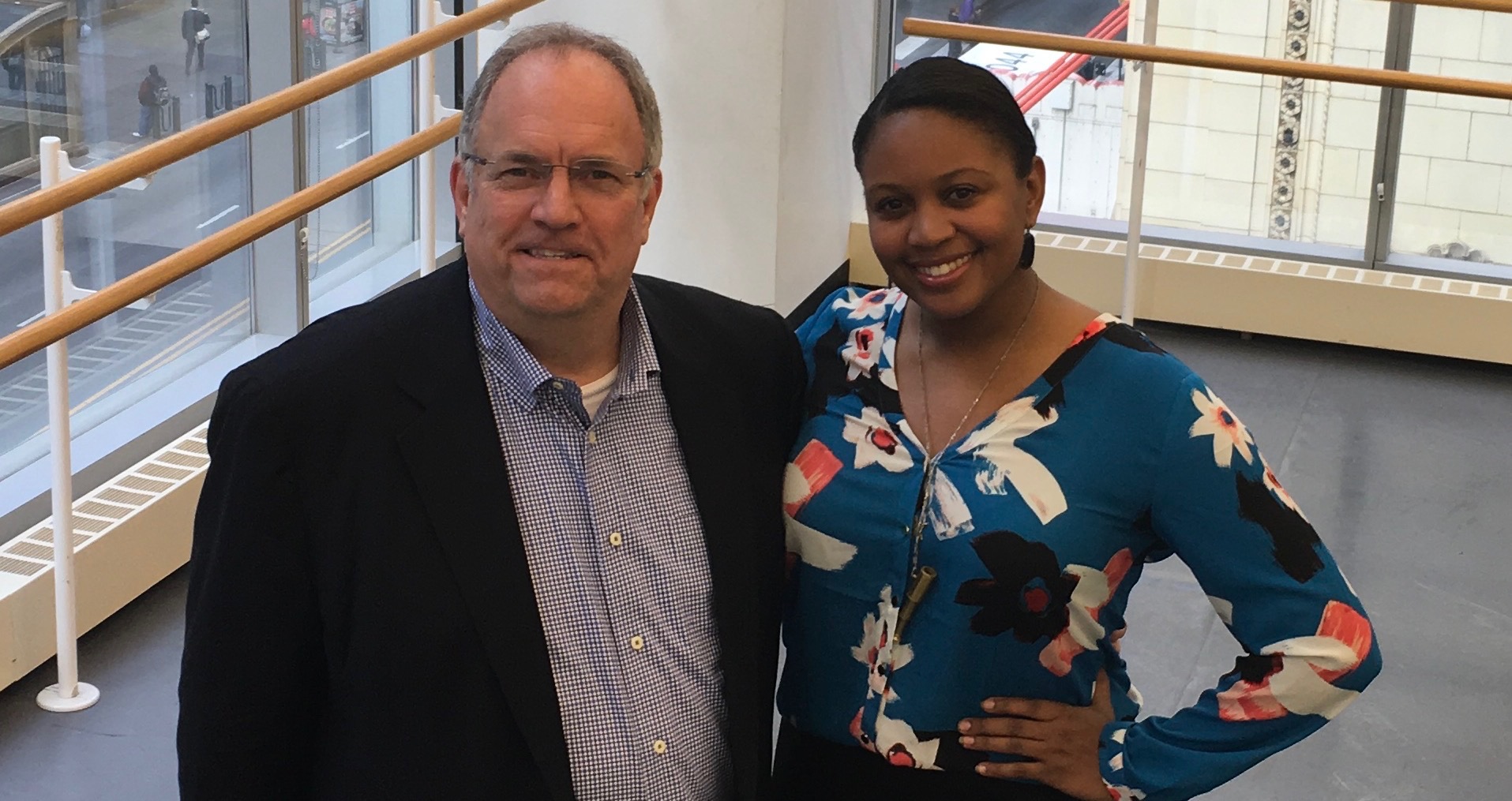
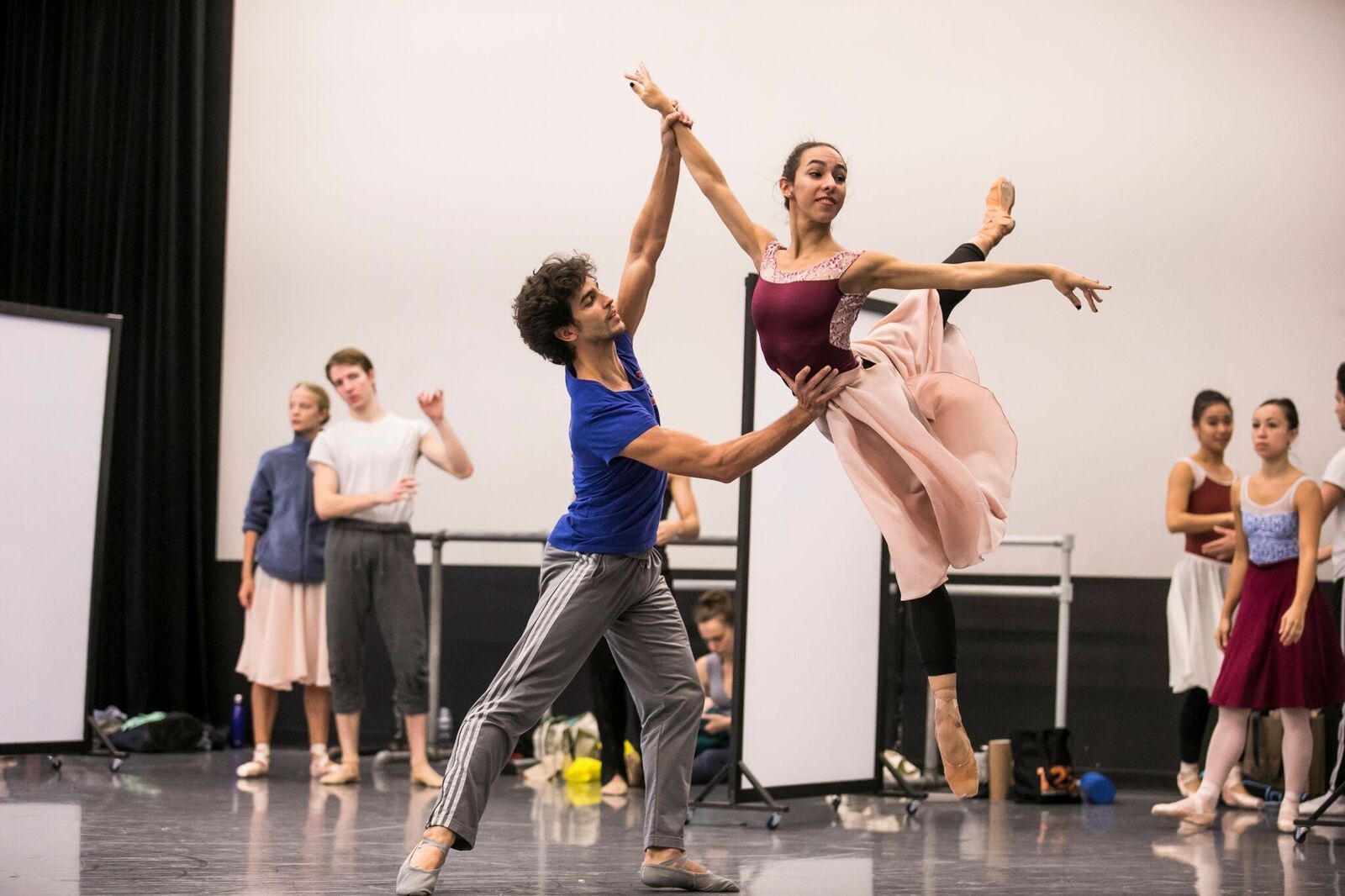


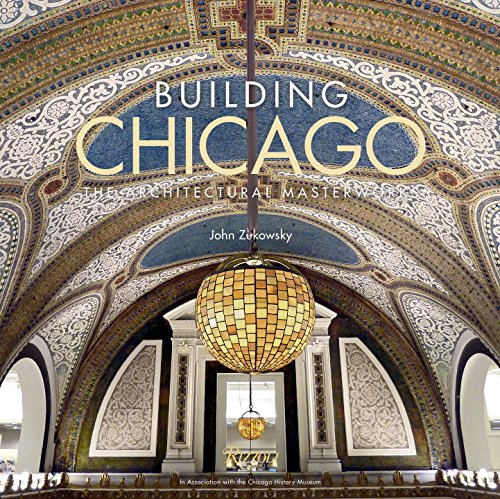
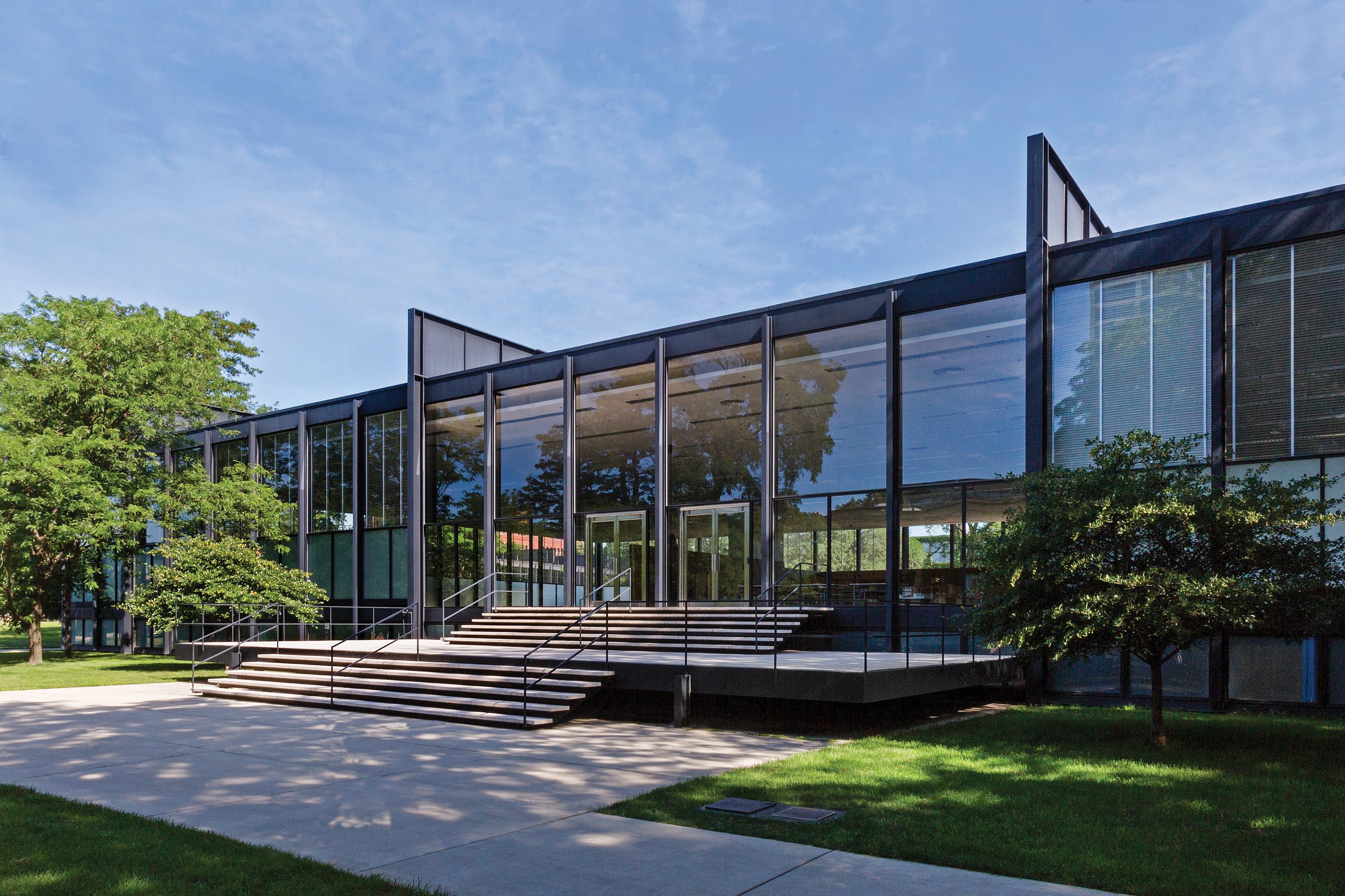
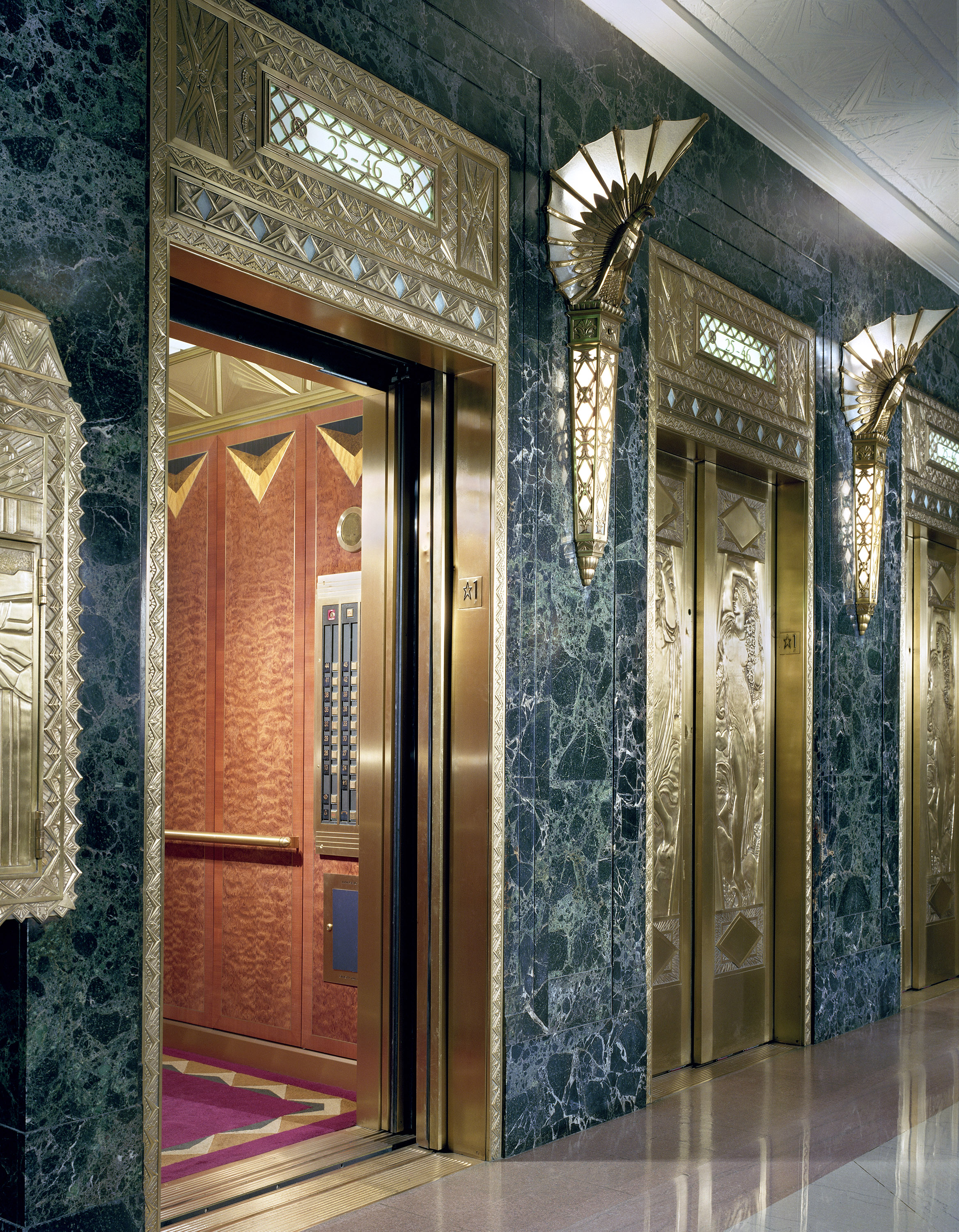

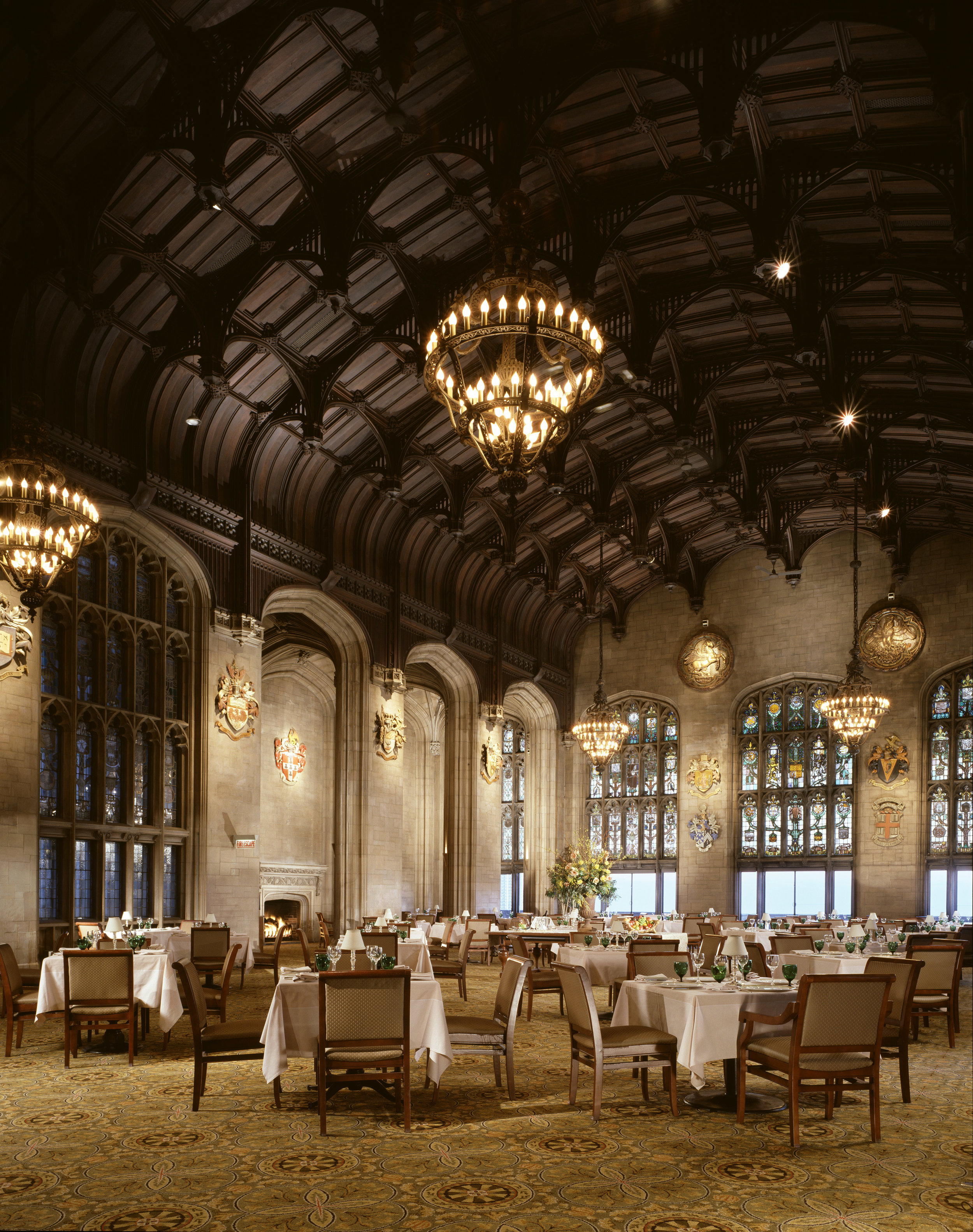
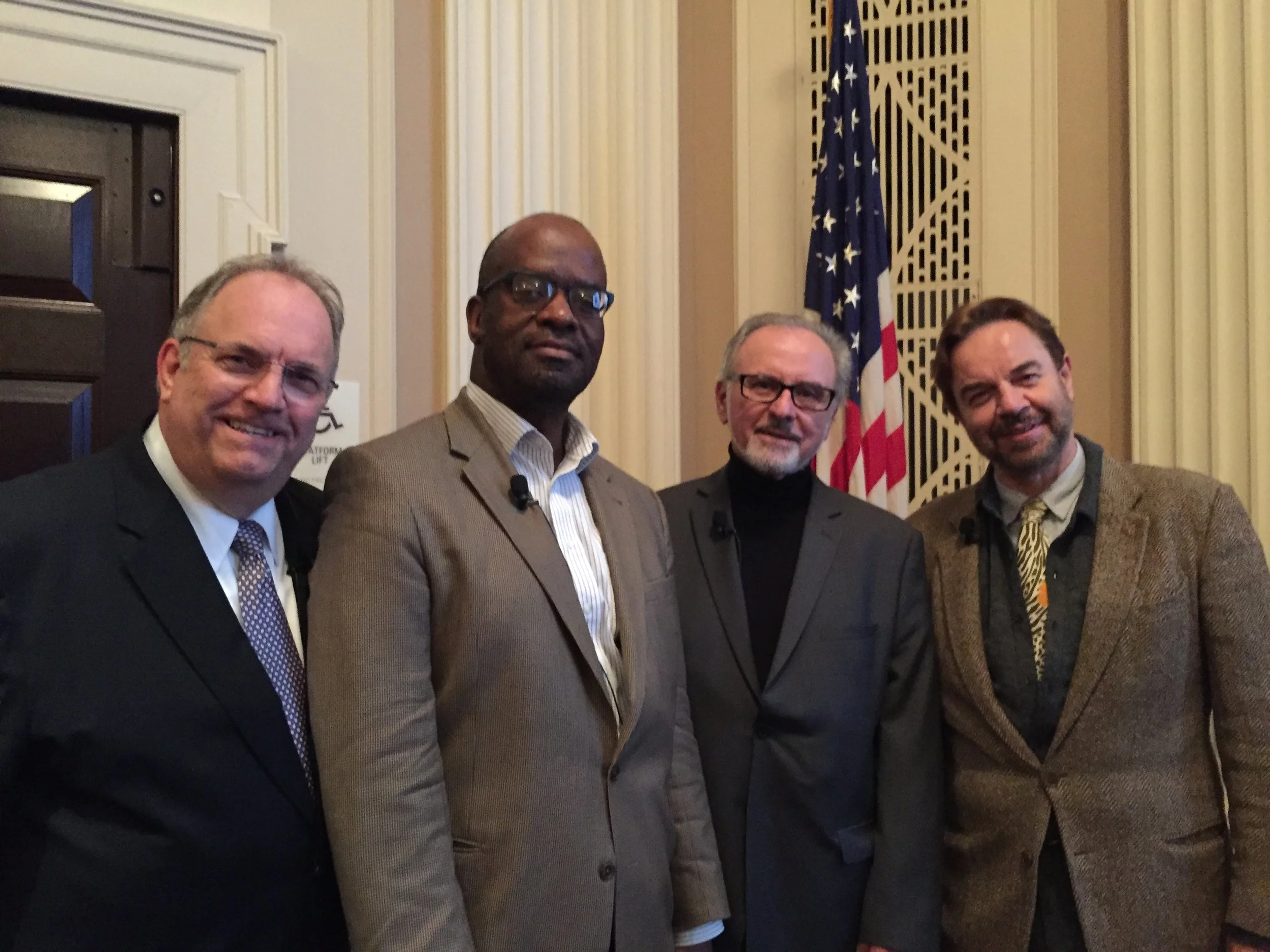
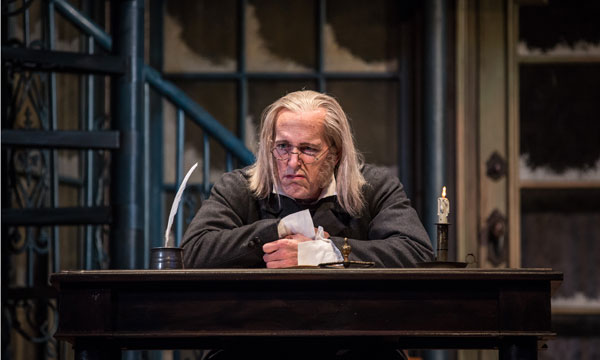
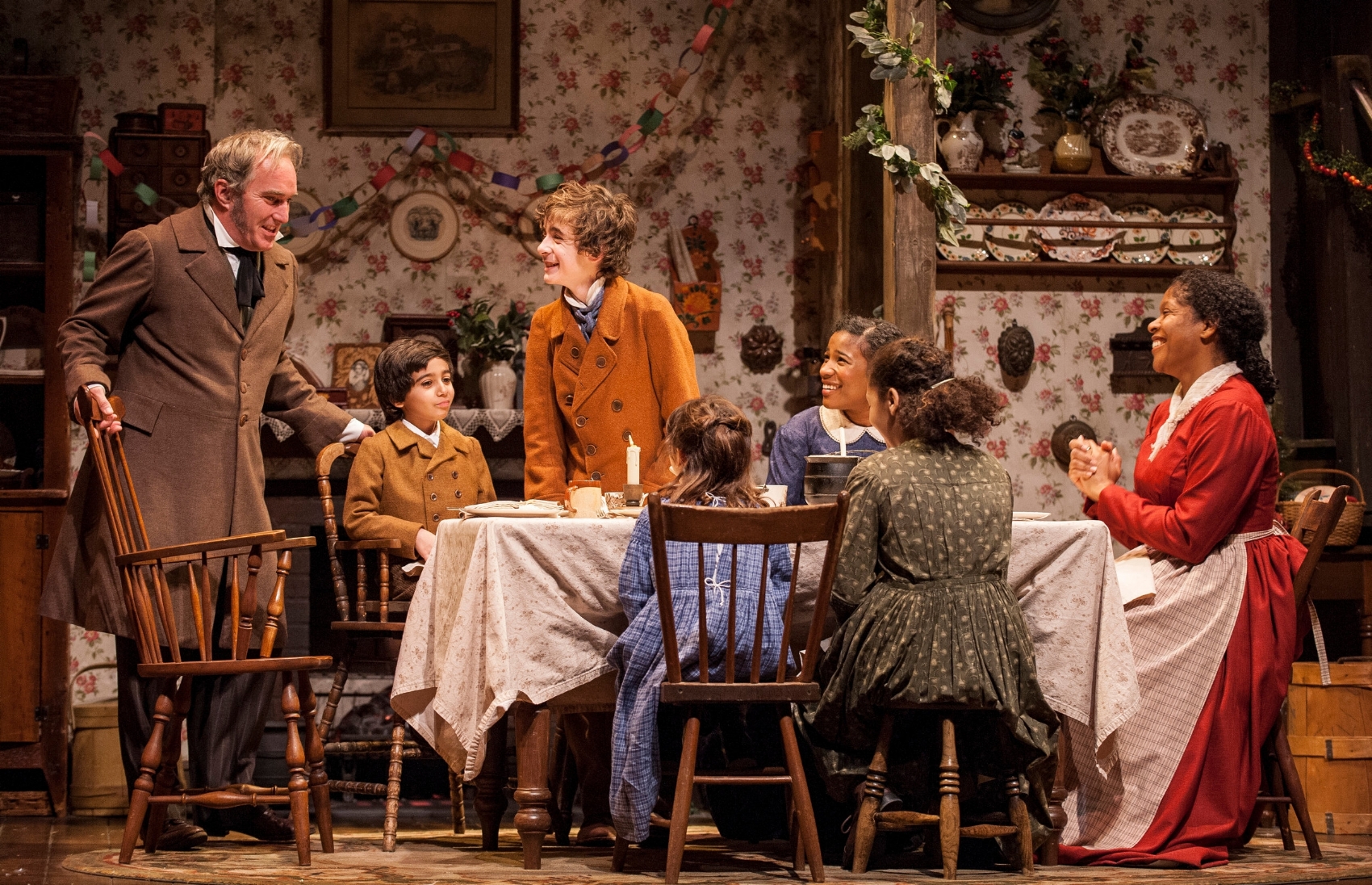
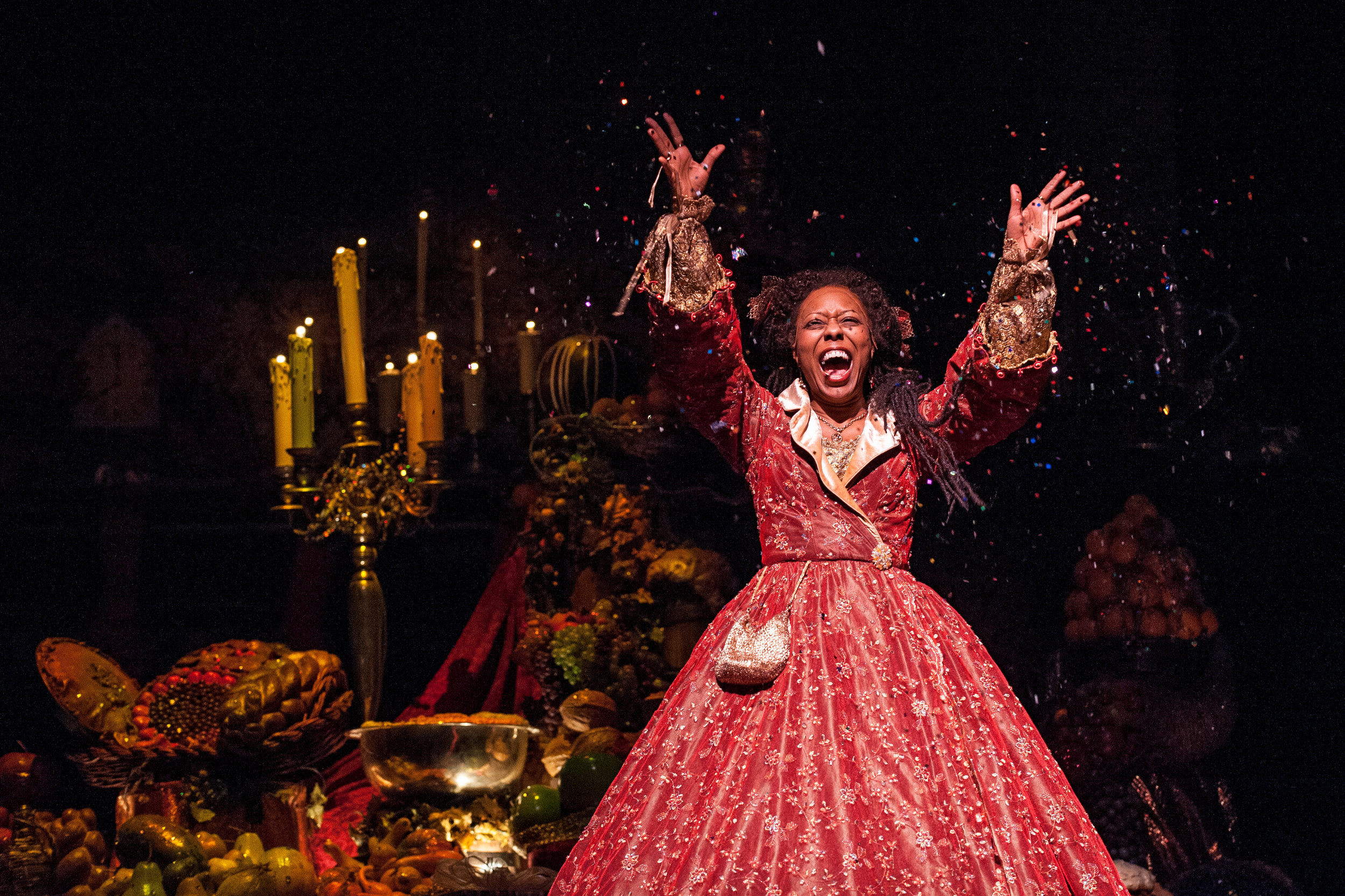
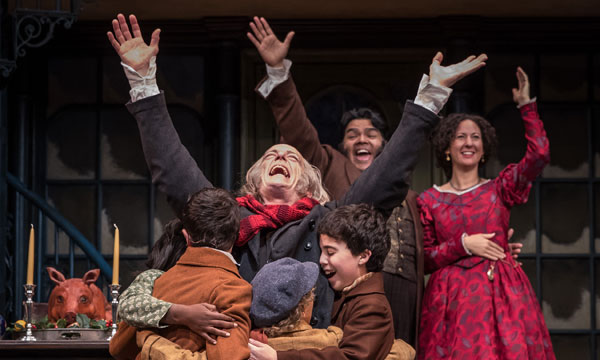
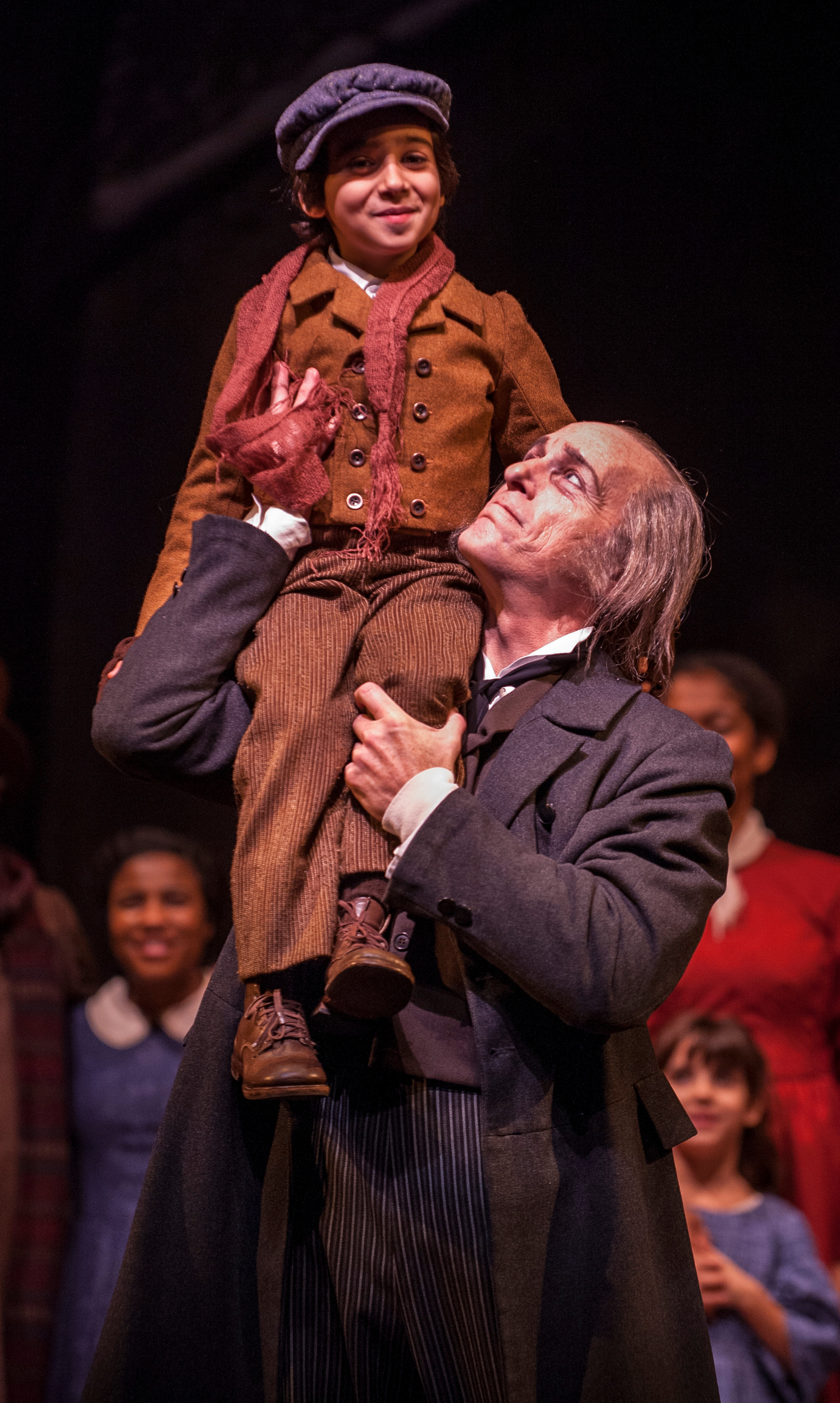
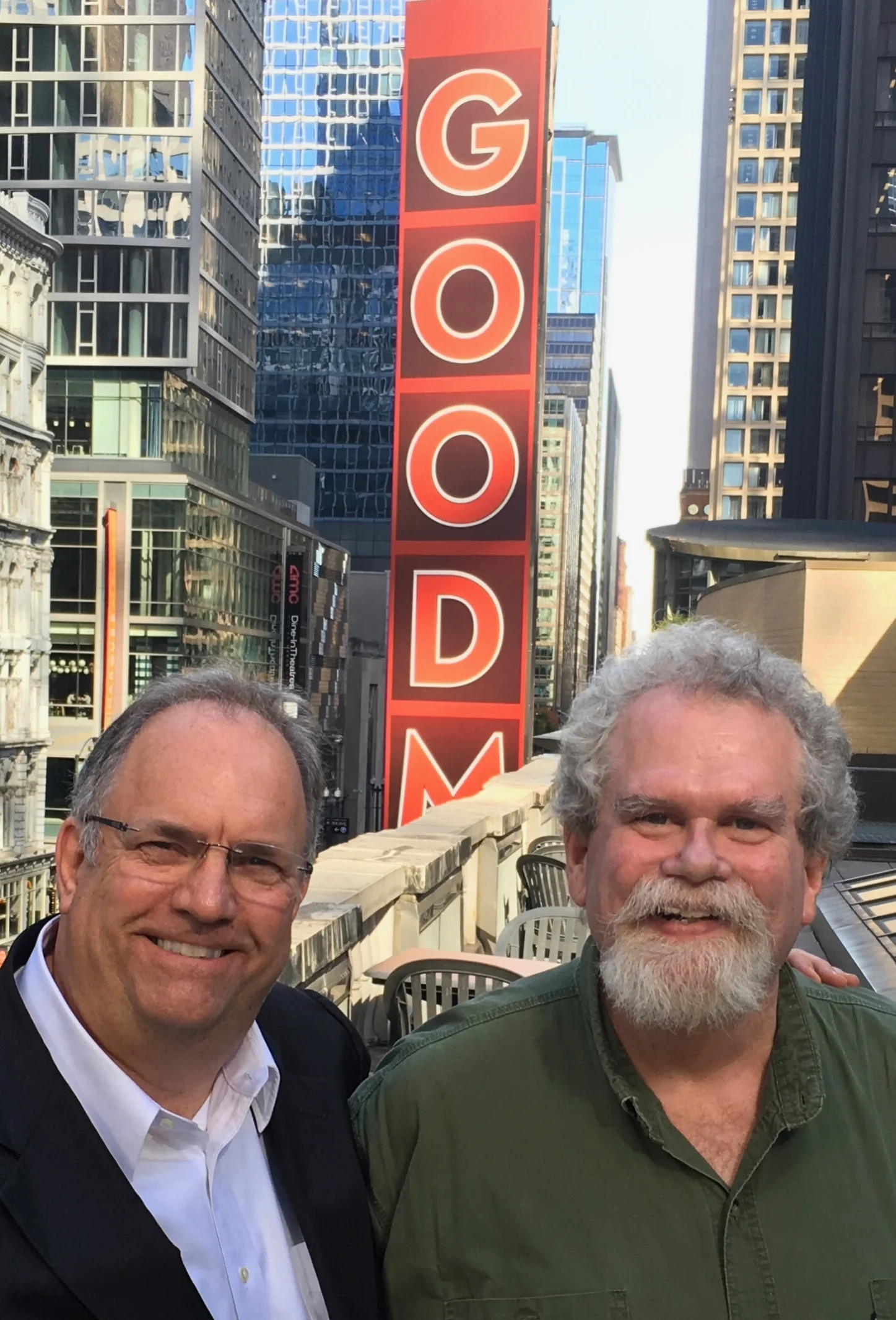
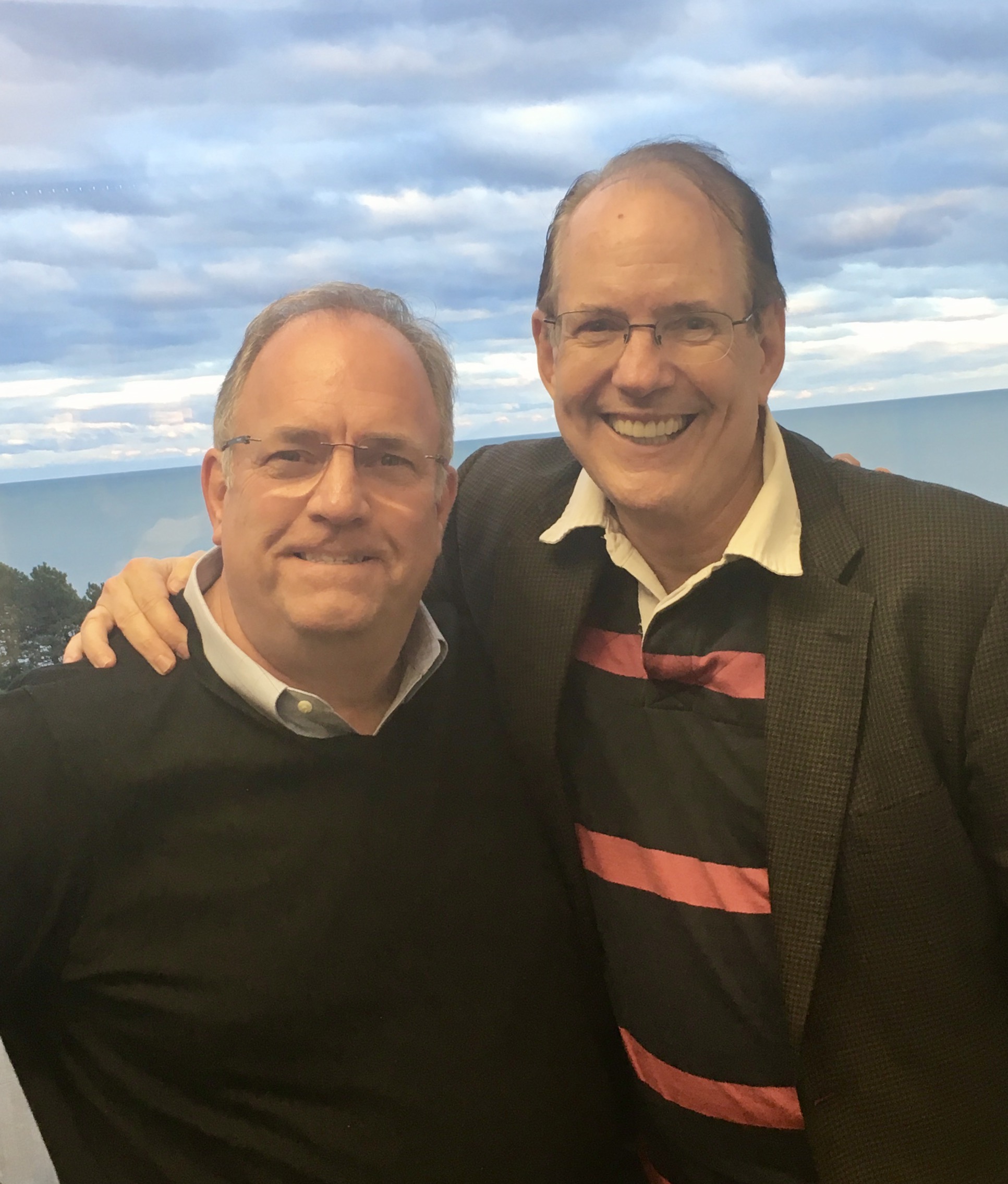
![rockneinvite_nu_FINAL[2].jpg](https://images.squarespace-cdn.com/content/v1/56bfaee52b8dde7190c18cf1/1477585028408-F8BU7OA7N9MGBSV3OLL3/rockneinvite_nu_FINAL%5B2%5D.jpg)
![4H5A6407[1].jpg](https://images.squarespace-cdn.com/content/v1/56bfaee52b8dde7190c18cf1/1477585493874-9YR7UOM81O3VPWIMFWW1/4H5A6407%5B1%5D.jpg)
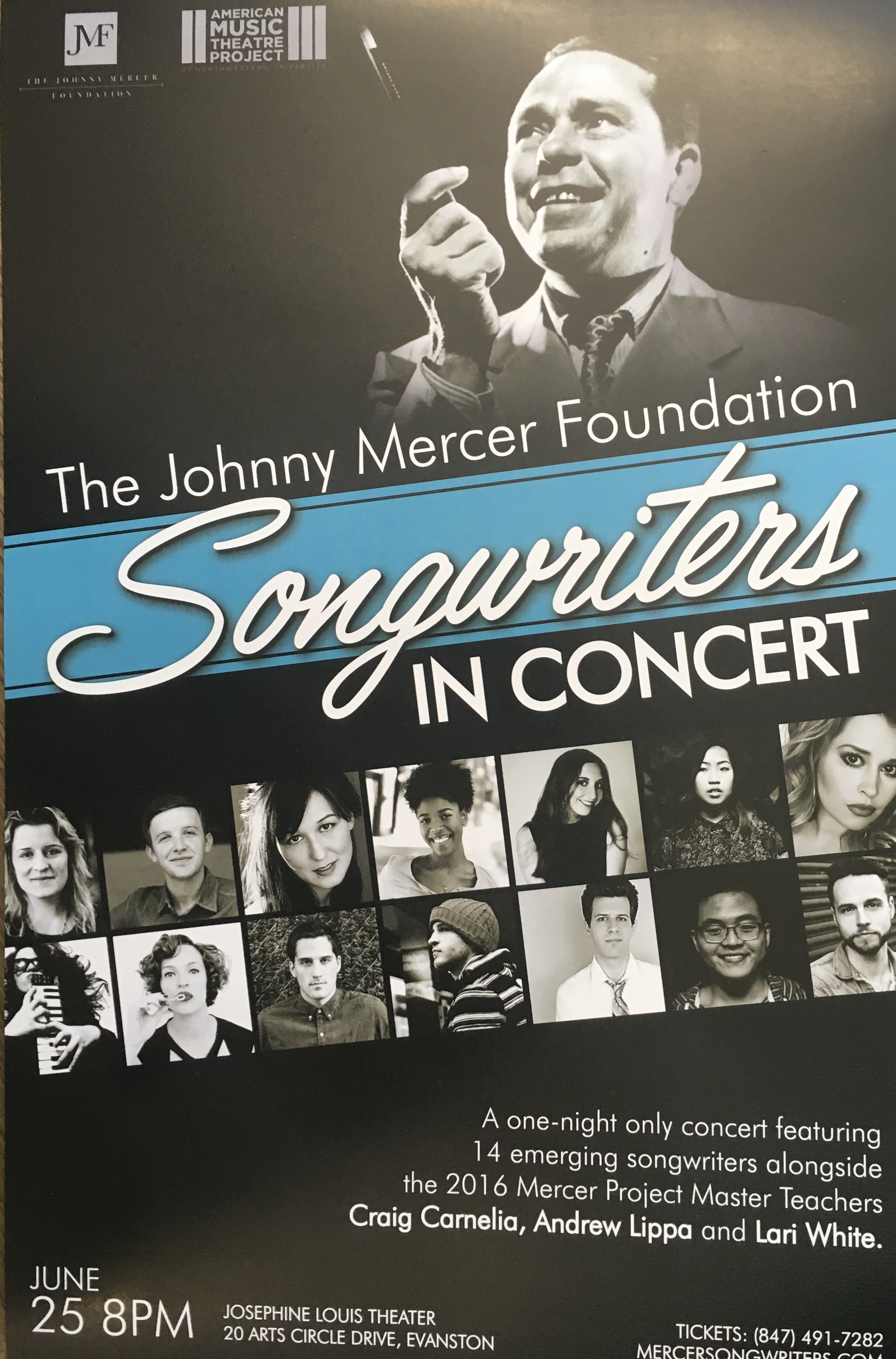
![XR4A6161[1].jpg](https://images.squarespace-cdn.com/content/v1/56bfaee52b8dde7190c18cf1/1477585083395-CLSCQ1J940GIKBLEG9HJ/XR4A6161%5B1%5D.jpg)



